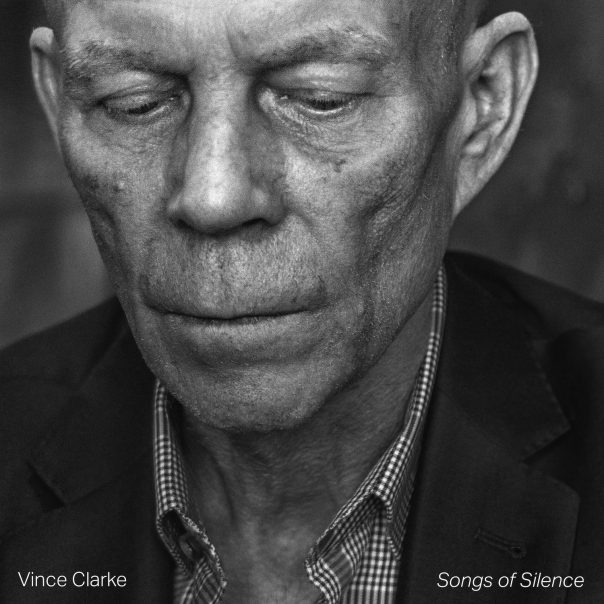ALBUM REVIEW: Vince Clarke gets quiet on ‘Songs of Silence’

Vince Clarke, “Songs of Silence.”
In 1981, Vince Clarke left Depeche Mode just a year after the legendary synth band’s formation. The English keyboardist then went on to become the primary songwriter for Erasure with Andy Bell and scored a string of hits in the ’80s and ’90s. Songs of Silence is Clarke’s first solo album under his own name and a far cry from the synth-pop for which he’s known. Instead, the solo endeavor owes more to the minimalist soundscapes of the 1980s from artists like Tangerine Dream and Jean-Michel Jarre.
Songs of Silence
Vince Clarke
Mute, Nov. 17
7/10
Get the album on Amazon Music.
Songs of Silence consists of 10 tracks, each under five minutes, all built around a single droning note produced by a “Eurorack,” a type of modular synthesizer system known for its complexity, expense and how boring it is when any enthusiast tries to explain it to you. Clarke augments these musical drones with various found and processed sounds. The gauzy synth soundscapes feel like the score to either a movie or a drug trip.
The album’s opener, “Cathedral,” sets a stark mood with a single diaphanous note that would suggest something vaguely sinister if it accompanied a camera surveying a frozen lake or icy parking lot. On “White Rabbit,” vintage keyboards bleep and bloop out arpeggios, as otherworldly sounds pan across the soundscape. The song ends with pounding drumming, evoking a tension like a call to battle..
Similar vintage keyboard arpeggios return later in the album on “Scarper,” where they percolate over the album’s most cohesive electronic drumbeat, and on “Mitosis,” where they float over the song’s tense drone.
The album’s first single, “The Lamentations of Jeremiah,” features a ragged cello played by composer Reed Hays against a tense and ominous droning note. While there may not be a lot going on musically, the sounds are surprisingly evocative of a wide range of emotions from the listener. Opera singer and composer Caroline Joy contributes incomprehensible snippets of voice on “Passage” and “Blackleg,” the latter of which is a reworking of sorts of an 1844 anti-scab folk song.
The album’s closer, “Last Transmission,” unsettles with weird glitchy sounds. Think synthesized windshield wipers experiencing mechanical failure, or those strange sounds that flow around you like water when you’re coming up on a heroic dose of psychedelic mushrooms.
Songs of Silence will not have anyone grooving out on the dance floor, like so much of Clarke’s other work. Instead, these are ponderous, solitary musical dispatches, to be enjoyed in moments of repose, or when you really need to chill out. But this is not a simple musical salve, nor is it mere ear candy. Clarke’s music is subtle and understated, but as with the great minimalist composers, it’s also full and alive and it speaks its strange incantations directly into listeners’ ears if they’re still enough to hear them
